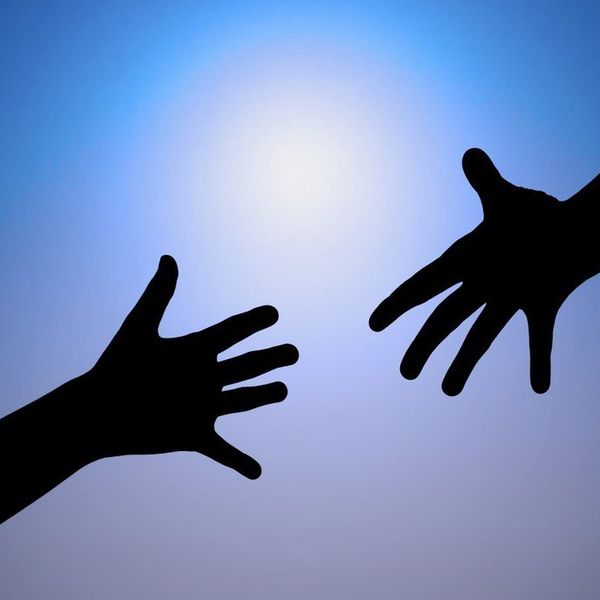That pulsating headache you feel after a night of drinking is not a new phenomenon; hangovers have plagued the human race since the dawn of alcohol around 3200 BC. Long before biblical times people were getting hammered and then waking up the next day wishing they had only opted for one less beer. Because hangovers have been with us since nearly the beginning of recorded history you would think we would have developed some kind of cure for the common hangover by now, but that couldn’t be further from the truth. Countless recipes and home remedies have been developed to defeat hangovers, but little is known of the science behind them. There have, however, been some advances in the understanding of hangovers, and some recipes across various cultures that are said to ease hangovers.
Some of the major instigators in your morning blues come directly from the alcohol and include dehydration, electrolyte imbalance, and short term alcohol withdrawal. There is one factor, however, that stands out among the rest; acetaldehyde is a metabolite of alcohol, and it is more toxic than alcohol itself. What this means for us is that somewhere between us getting drunk and us waking up in the morning; our bodies turn our favorite drinks into a type of natural poison. Acetaldehyde is said to cause sweating, rapid pulse, skin flushing, nausea, and vomiting in higher concentrations, and binds to proteins and other structures important to our biology.
Alcohol is obviously the common theme in all hangovers throughout history, but there are factors outside of the alcohol itself that contribute to hangovers as well. Congeners are by products of the fermentation process and tend to be present in higher quantities in drinks with less pure ethanol content like whiskey, red wine, and brandy. Vodka and gin produce less of this troublemaker and beer produces the smallest amount of congeners overall. Your genes may also make you more predisposed to hangovers, possibly by causing your body to produce more acetaldehyde or just by your stature. Don’t let the booze turn you into an angry drunk either, there is evidence to suggest people with certain personality traits such as anger, defensiveness, or guilt about drinking can increase a hangovers severity.
Now that we know what causes a hangover we can seek to prevent them, but how? All across the globe humans not only had the ingenuity to hijack fermentation for their own pleasure, they also thought to create recipes to defeat their adult-beverages major drawback. In China green tea is rumored to cure hangovers, shrimp is seen as a cure in Mexico, and pickled herring in Germany. In the US, we are known to settle for anything greasy and a cup of coffee. While it is true that eating a heavy meal can help ease the way we feel after a night of drinking, it is a more reactive approach and causes you to endure the hangover at least until you eat. Scientists have discovered that Korean pear juice before you drink alcoholic beverages reduces the severity of a hangover, likely by reducing the levels of acetaldehyde in the body. It is important to note, you have to drink the pear juice BEFORE a night of drinking, not after.





















